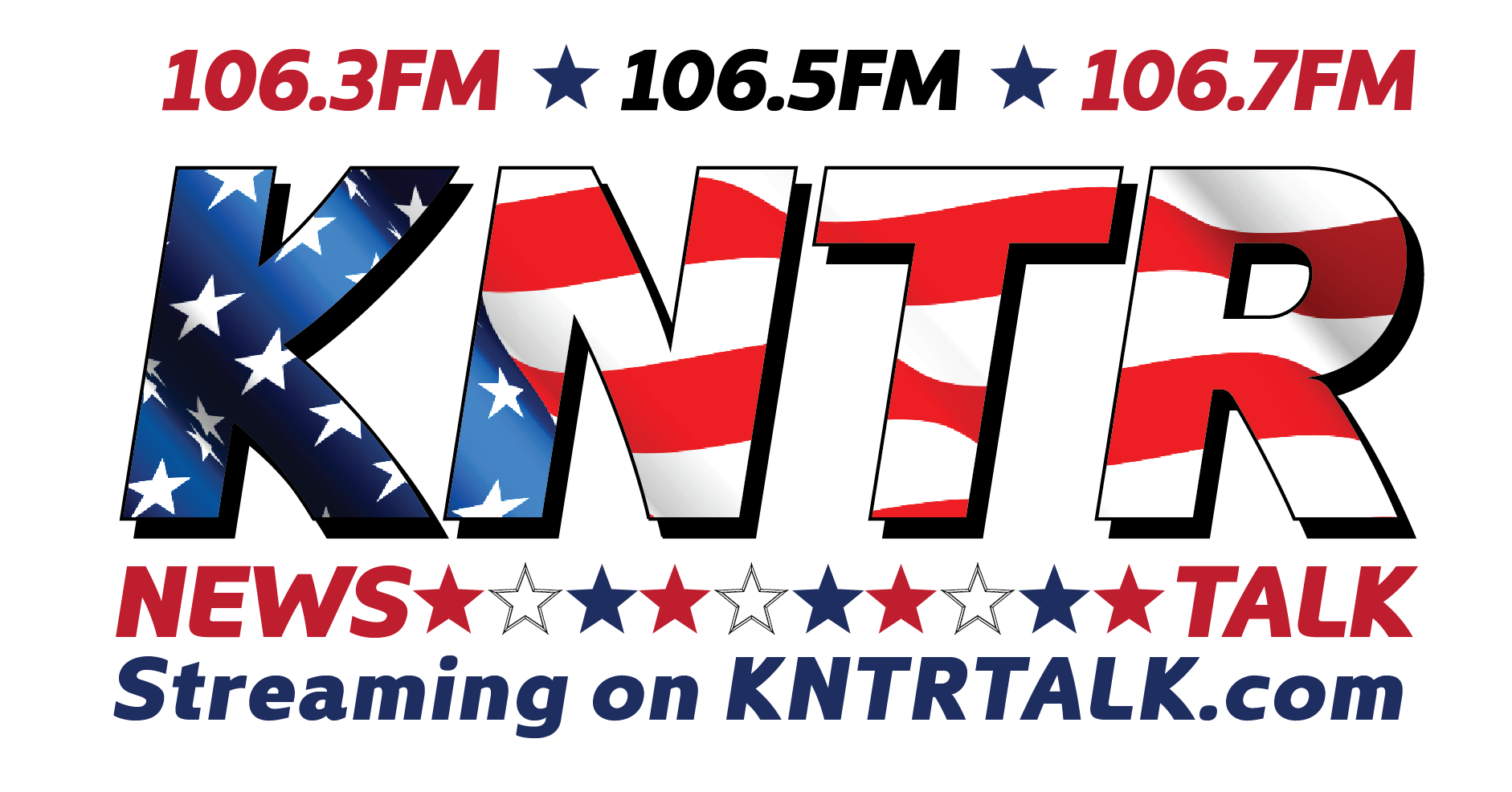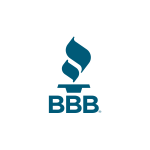BBB Tip: How to shop with confidence like every day is Earth Day
(Phoenix, April 22, 2024) Earth Day is a time to focus on environmental responsibility, and for many consumers, that means making more conscious purchasing decisions. However, navigating the world of “green” products can be tricky. Companies often use misleading marketing tactics, making it difficult to differentiate between genuine eco-friendly products and those simply employing “greenwashing”—the act of misleading consumers regarding the environmental benefits of a product.
Confused by “green” claims? In honor of Earth Day, Better Business Bureau (BBB) is here to help you understand the difference between truly eco-friendly products and those simply making claims. Here’s how BBB helps you shop green with confidence:
- Don’t be fooled by “Free Of” claims. Products labeled “free of” chemicals or toxins might seem safe, but dig deeper. Look for specifics – what exactly is absent? Does the product contain a different ingredient that carries similar risks? “Non-toxic” claims should also be substantiated. Is the product safe for humans and the environment?
- “Less Waste” needs proof. Companies who claim their products generate less waste should provide substantiation. Look for concrete evidence: percentages of recycled materials used in packaging, comparisons to similar products, or specific waste reduction initiatives. A clear label is key. Statements like “package is made from 85% post-consumer recycled material” leaves no room for doubt.
- Biodegradable vs. Compostable: Know the Difference. These terms are not interchangeable. “Biodegradable” products break down naturally, but not necessarily in a compost pile. “Compostable” products, on the other hand, are specifically designed to decompose quickly in a controlled environment. Always look for evidence supporting these claims.
- Renewable Resources: Transparency is key. If a product boasts renewable materials, energy, or carbon offsets, find out the specifics. What percentage of the product falls into this category? Manufacturers should be upfront about these details.
- Seals of Approval: Do your research. Official-looking seals can be misleading. Investigate the organization behind the seal and its meaning. Look for details on the packaging that explain the connection between the product and the certification. Reach out to BBB or research the organization to verify its legitimacy.
Look for verification that’s rooted in trust: The BBB4Good Trustmark
Beyond these tips, BBB offers an additional layer of trust for consumers seeking environmentally and socially responsible businesses. The BBB4Good Trustmark signifies trustworthy businesses aligned with your values.
This program verifies the social good activities of businesses, allowing them to display the BBB4Good Trustmark. This prestigious distinction tells consumers whether a business is not just making claims, but actively implementing practices that benefit the environment and society.
How Consumers Benefit from BBB4Good:
- Shop with Confidence: The BBB4Good Trustmark signifies a business has been vetted by BBB, ensuring their commitment to environmental responsibility or social impact goes beyond marketing slogans.
- Align Purchases with Values: BBB4Good helps consumers easily identify businesses whose practices align with their own commitment to sustainability. Consumers can find these businesses by searching for purpose-driven businesses on BBB.org.
- BBB4Good builds upon BBB Accreditation, ensuring that purpose-driven businesses meet rigorous BBB Standards for Trust and BBB4Good Standards of higher purpose, community engagement, authentic marketing, and social and/or environmental impact substantiation.
For more information
Visit BBB’s green HQ for more tips on reducing your carbon footprint and BBB4Good to verify the social good activities of businesses before you do business with them.
Kryistyna Hook
Senior Director Brand Strategies & Social Impact
kryistyna.hook@bbbcommunity.
Reprinted by permission of the Better Business Bureau, © 2024.





